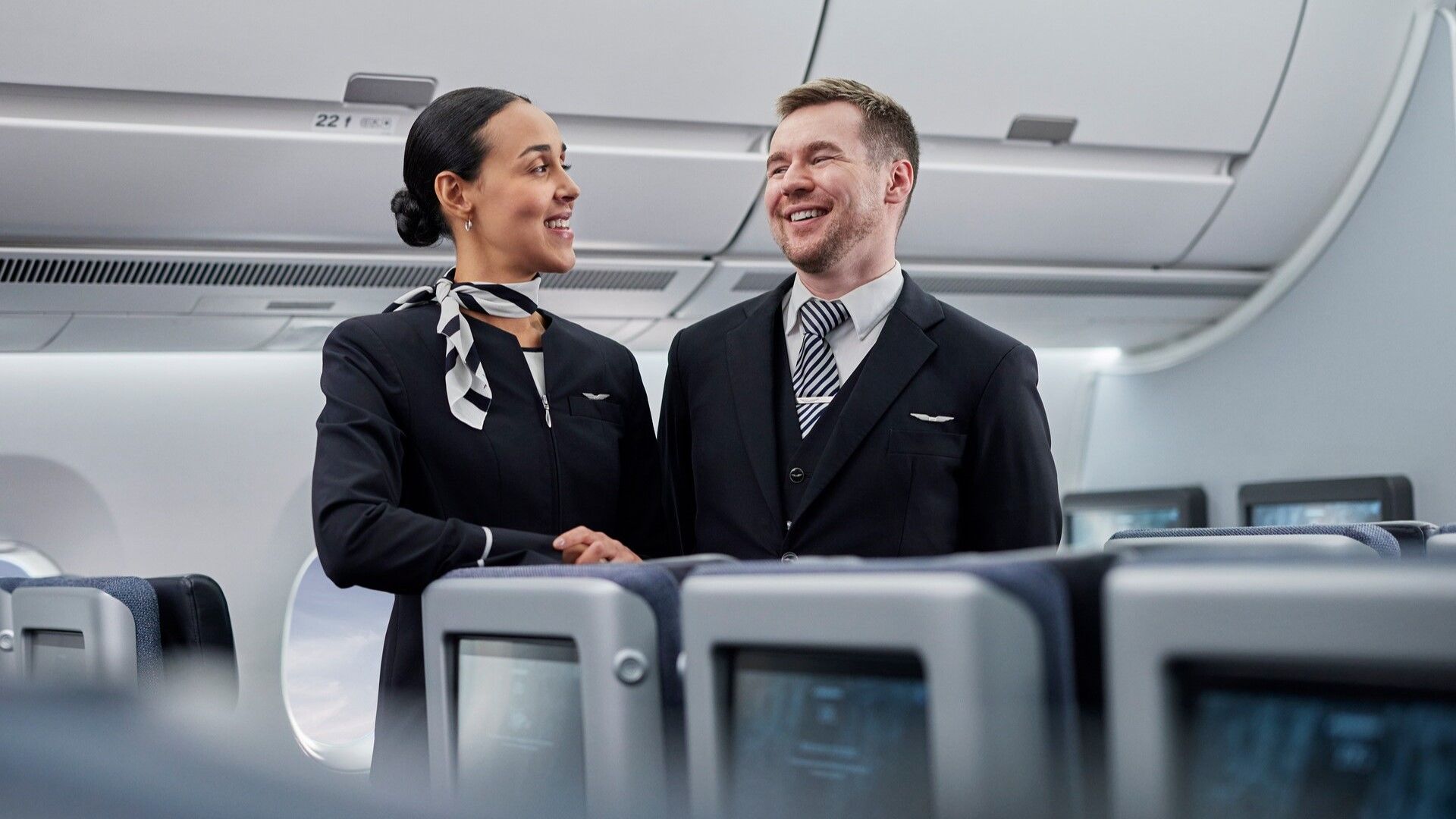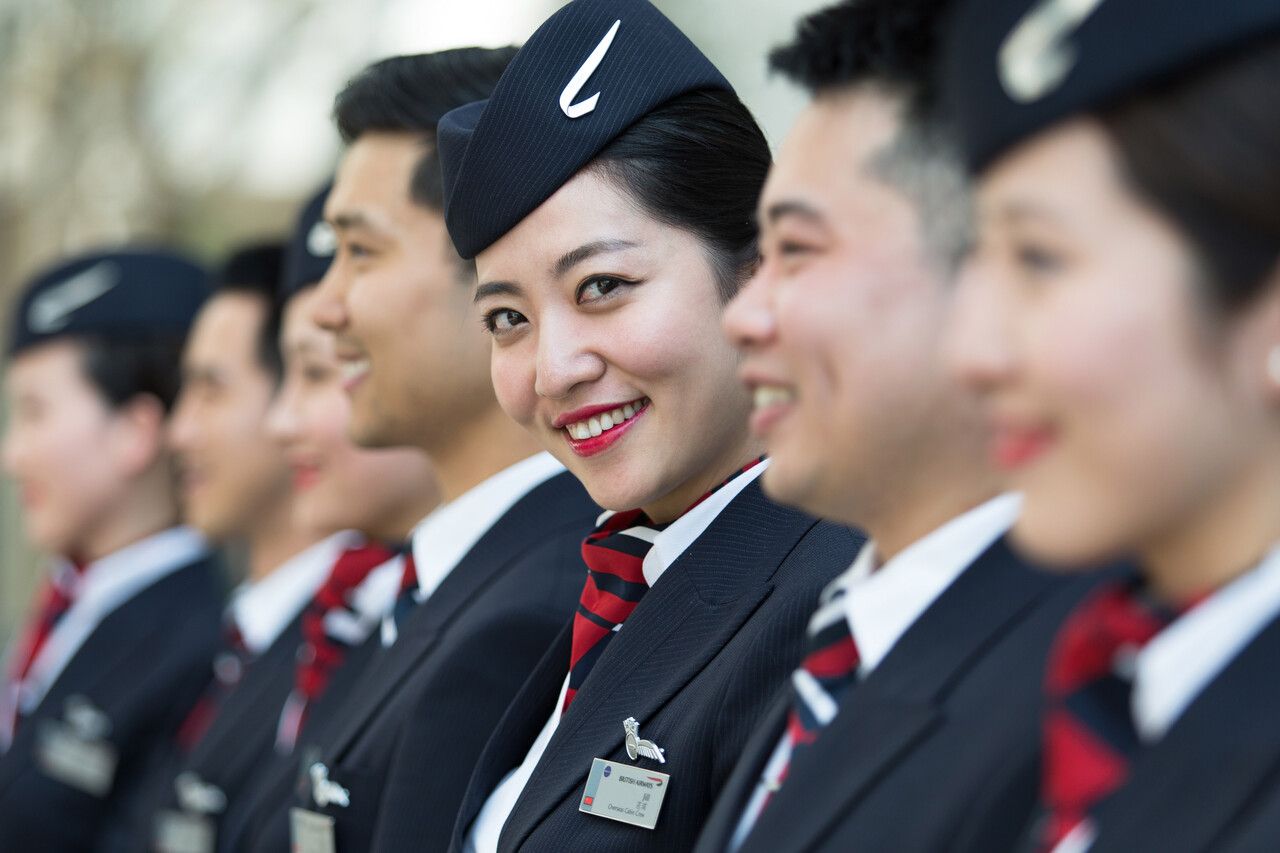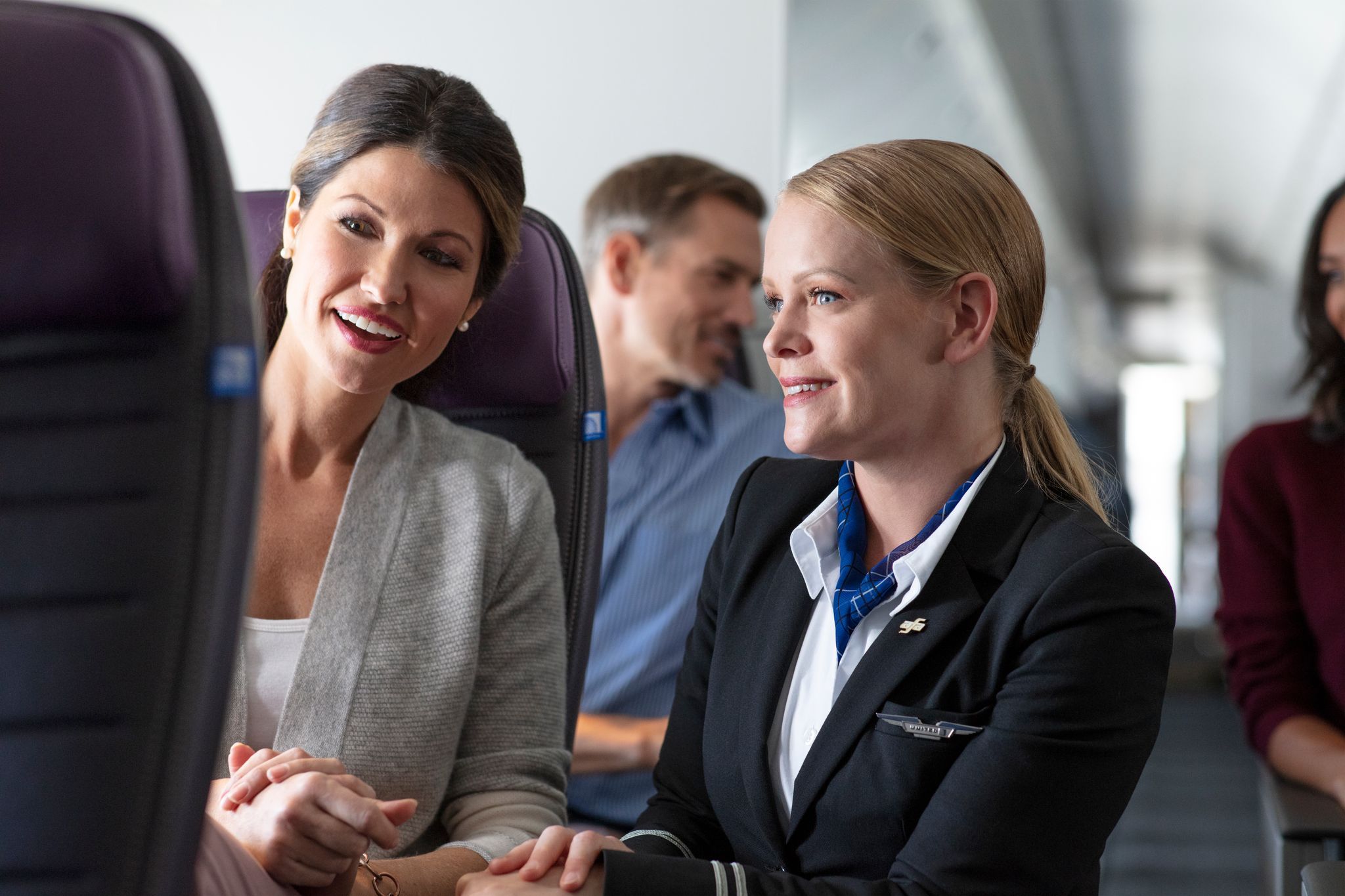Summary
- Cabin crew skills include customer service focus, working under pressure, and strong communication/teamwork abilities.
- Safety and first aid training are essential for cabin crew to handle emergencies on flights.
- Cabin crew must be adaptable and organized and possess conflict management skills while representing their airline.
The cabin crew job is one of the most challenging careers. Depending on how much you like the job, it can last as short as six months or as long as multiple decades. On the one hand, it can be very rewarding to provide service to people, build communication and interpersonal skills, and travel the world. Conversely, long work hours, tiring shifts, and hectic routines can take a serious toll on the person.
There will always be a time when you have to rethink your circumstances and may have to change your career. Whether it is a personal choice, a family circumstance, or just a physical challenge, you may want to move on. So, what transferable skills do cabin crew have, and what can they offer?
A brand representative
Cabin crew skills
- Secondary school or higher education
- Degree and/or experience in the hospitality business
- Prior airline/aviation experience
- Excellent interpersonal and communication skills
- Ability to learn and work on varying schedules
The cabin crew is used to being well-presented, with high grooming standards and an immaculate uniform. They know they represent the company, are the face of the airline, and will be what the passenger remembers. Cabin crew uniforms are so recognizable and engineered to look a certain way that they are indeed interchangeably synonymous with the airline. The cabin crew are proud ambassadors for their airline.
Photo: British Airways
Customer service focus
The cabin crew comes from customer service backgrounds and understands the passenger’s needs. Most will try to exceed expectations and go the extra mile. They want the passenger experience to be good and try to make the best of every flight. Cabin crew are good at being empathetic, problem-solving, and paying a lot of attention to detail.
Working under pressure
There is a reason why only about 5% of people who apply to become cabin crew end up working in the profession. Their suitability is tested immediately, with the lengthy application process, the training, and the work onboard. Resilience and working under pressure are crucial skills to have, not just because of the long days, multi-sector flights, and fighting with jet lag, but especially in the case of any potential emergency.
You also have to be very organized to work in an ever-changing environment, as the job and each flight vary. Flexibility and adaptability are essential skills, and time management is critical—a flight will not be delayed because you are late for work.
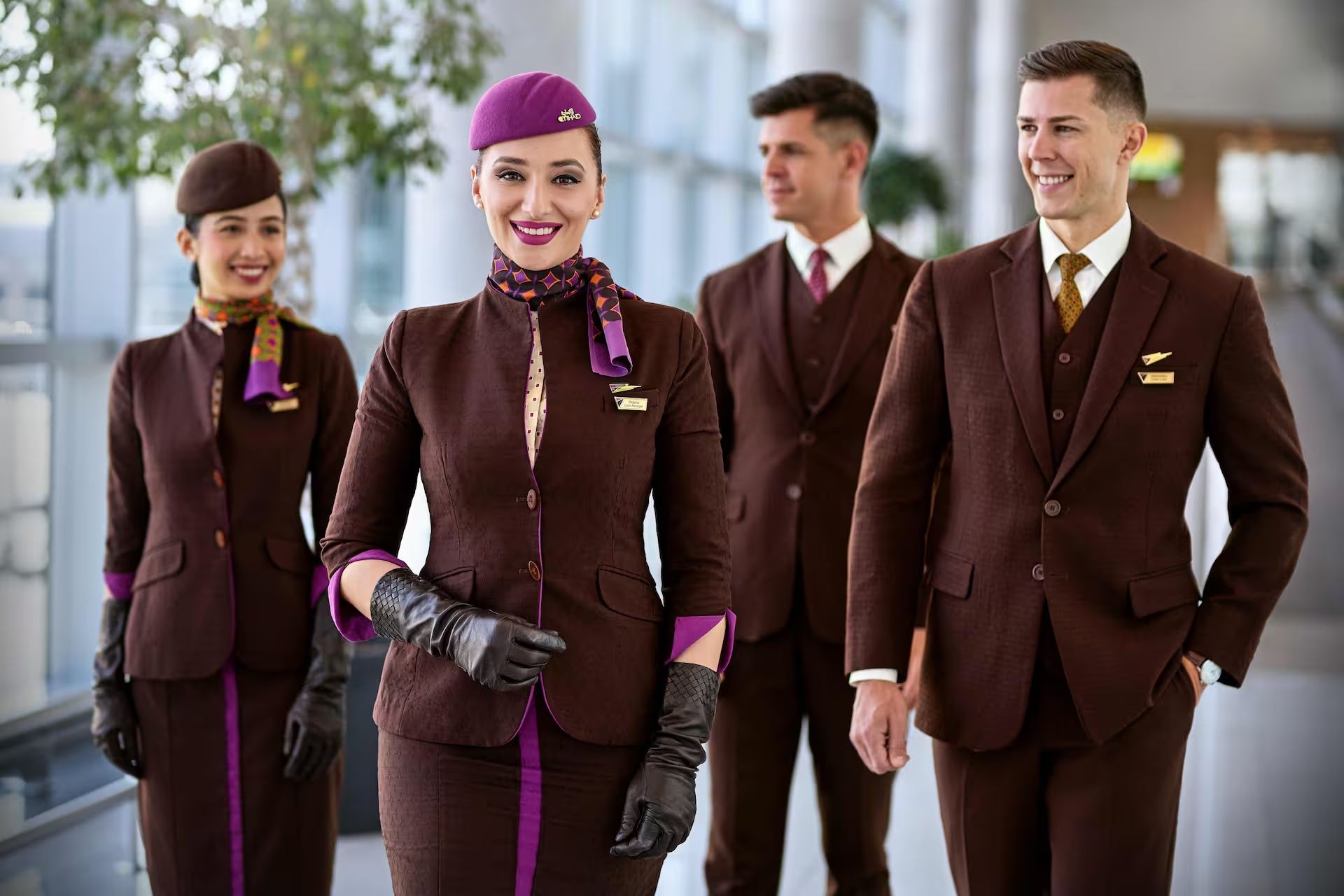
Related
Cabin Crew Through The Ages: A Brief History of Flight Attendants
Have you ever wondered what life was like for the first flight attendants?
Communication and teamwork
CreditAddict.com highlights that great communication and teamwork are basic skills for cabin crew but are also very important. Every flight is about open communication, and you work as part of a team but with initiative. Teamwork makes each flight safe and efficient; these skills are vital in an emergency. The position you work in changes constantly, and every day is different. Often, you’ll be working with different crews on each flight, so you have to communicate well and work as part of your new team easily.
Photo: United Airlines
Safety and first aid
Safety is everything to cabin crew as that’s what we are trained for – to deal with almost any eventuality that could occur on an aircraft. During training, they learn advanced first aid and how to deal with anything from a stroke to childbirth. Cabin crew are also trained to put a fire out onboard the aircraft and understand the need for security and sometimes self-defense. Training is very intensive and gives you great life skills and a sense of calmness when dealing with stressful situations.
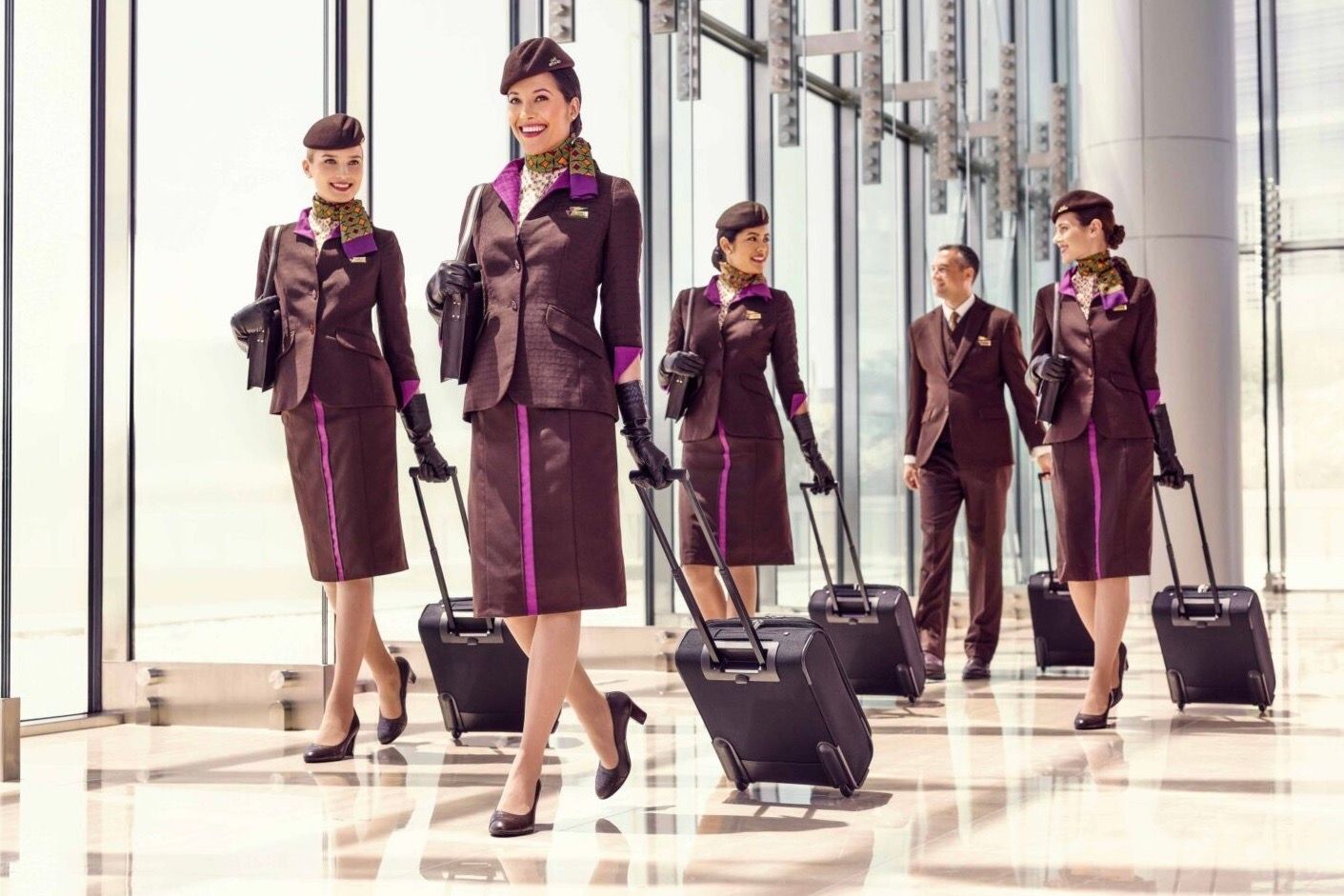
Related
How Soon Before A Flight Do Cabin Crew Arrive At The Airport?
Is it a mad dash or a well planned journey?
Other skills
Conflict management is helpful in many areas of life, and cabin crew members are well-versed in this. They are used to dealing with issues onboard an aircraft and like to resolve things as quickly as possible to solve any potentially disruptive event. Cultural awareness is also relevant as they work with many crew and passengers from many nationalities and learn to be very aware of our differences. Still, at the end of the day, there is respect for everyone.
There is an element of leadership to the job, as you must control how you work in your area and with the team. The cabin crew must be ‘fit to fly’ and take medical to check this. They must also be generally healthy to cope with the work patterns and operate the aircraft on a normal or abnormal flight.
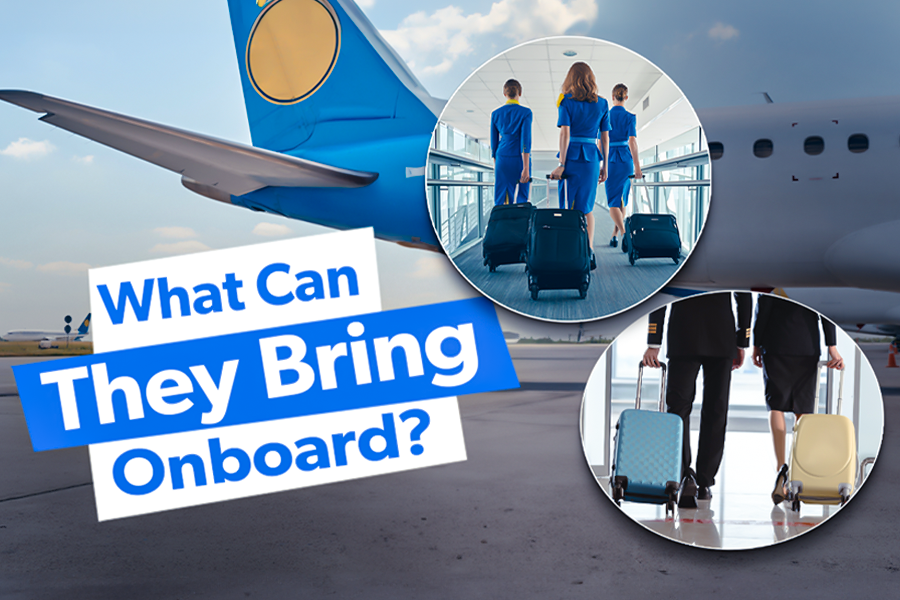
Related
Do Cabin Crew Have To Comply To The Same Baggage Allowance Restrictions As Passengers?
Are there different rules for cabin crew?
Are you a former cabin crew member who has found a new career? We’d love to hear about your experience in the comments.

